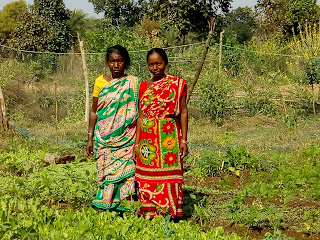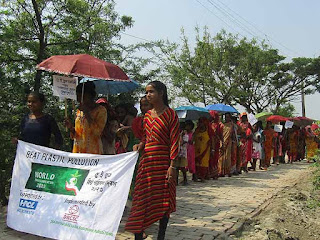Importance of sustainable agriculture in present context of climate change
Agriculture sector in India is vulnerable to climate change. Higher temperatures tend to reduce crop yields and favour weed and pest proliferation... Rainfed agriculture will be primarily impacted due to rainfall variability and reduction in number of rainy days.
For a planet that is increasingly facing the vagaries of climate change, sustainable agriculture provides resilience because it focuses on growing a variety of crops as opposed to single breed crops while ensuring that the soils are healthy to provide the required minerals required for good plant health.
Climate-Smart Agriculture (CSA) takes into consideration the diversity of social, economic and environmental contexts, including agro-ecological zones. Implementation requires identification of climate-resilient technologies and practices for management of water, energy, land, crops, livestock.
The Food and Agricultural Organisation (FAO) defines Climate-Smart Agriculture (CSA) as an approach that helps guide actions needed to transform and reorient agricultural systems to effectively support development and ensure food security in a changing climate. It takes into consideration the diversity of social, economic and environmental contexts, including agro-ecological zones. Implementation requires identification of climate-resilient technologies and practices for management of water, energy, land, crops, livestock, etc at the farm level. It also considers the links between agricultural production and livelihoods. Testing and applying different practices are important to expand the evidence base and determine what is suitable in each context.
The climate change adaptation project which drcsc has
implemented in Bankura and Purulia with the help of Adaptation Fund and NABARD aims
at developing climate adaptive and resilient livelihood systems through
diversification, technology adoption and natural resource management for rural
small and marginal farmers associated with agriculture and allied sector in
Lateritic Zone of West Bengal, India. Specifically, it would seek to enhance
adaptive capacity of vulnerable farm families in semi-arid regions of Purulia
and Bankura districts of West Bengal by introducing measures to tide over the
adverse impacts of climate change on their food and livelihood security.







it is very important to parctice sustainable agriculture
ReplyDelete